Colombian buñuelos are crispy, golden-brown cheese fritters that are a staple treat, especially during Christmas and special occasions. They have a crunchy exterior with a soft, cheesy center, making them irresistible to many. While these fritters may seem intimidating at first, they are surprisingly easy to make with just a few ingredients. In this guide, I’ll walk you through how to make authentic Colombian buñuelos from scratch.
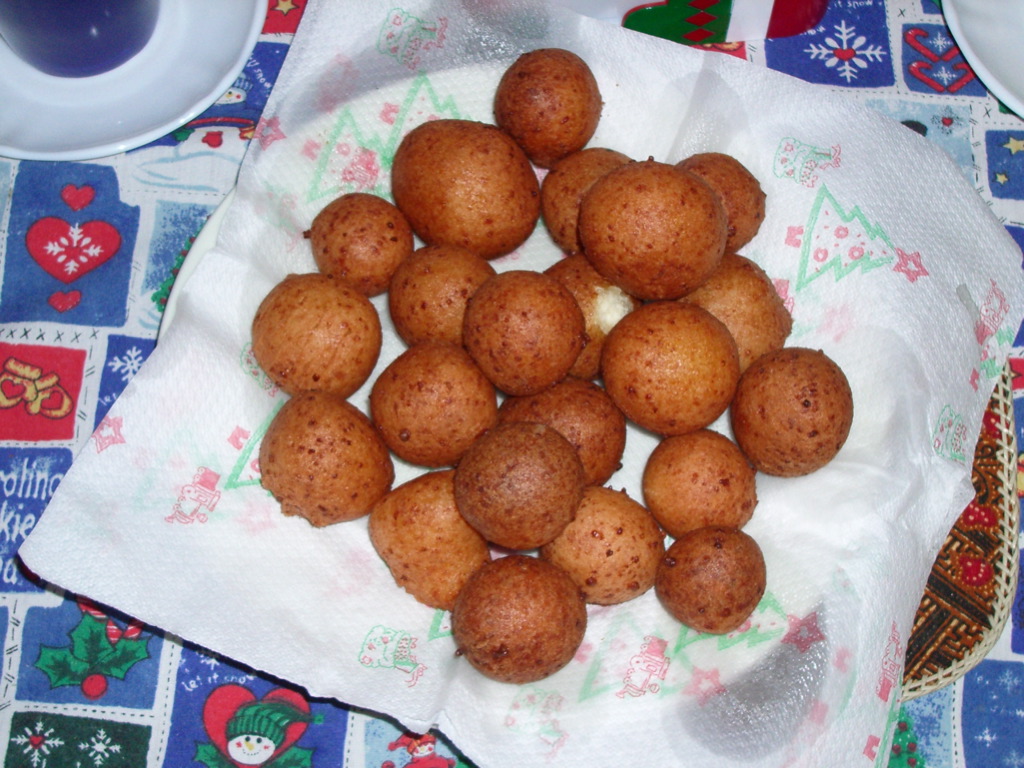
Ingredients you’ll need for preparing colombian buñuelos:
- 1 ½ cups of cassava starch (yuca starch)
- 1 cup of fresh cheese (queso costeño or queso fresco)
- 1 egg
- 3 tablespoons of cornstarch
- 1 tablespoon of sugar
- ½ teaspoon of baking powder
- A pinch of salt (optional, depending on how salty the cheese is)
- Milk (about 2-4 tablespoons, or as needed)
- Oil for frying (vegetable or canola oil works best)
Step-by-Step Instructions
1. Grate the Cheese
Start by grating 1 cup of queso costeño or queso fresco into a medium-sized mixing bowl. This fresh cheese is salty and soft, giving buñuelos their characteristic flavor and texture. If you can’t find queso costeño, you can use any soft, salty cheese, but the most authentic buñuelos come from using the original Colombian cheeses.
2. Mix the Dry Ingredients
In a separate large bowl, combine the cassava starch, cornstarch, baking powder, and sugar. Mix these dry ingredients together so that they are evenly distributed. The cassava starch is key to giving the buñuelos their signature chewy texture, while the cornstarch helps with binding.
3. Add the Cheese and Egg
Once the dry ingredients are well-mixed, add in the grated cheese and break the egg into the mixture. Start mixing with your hands or a spatula until everything begins to come together. The egg helps bind the ingredients into a dough that is easier to shape later.
4. Incorporate the Milk
Add the milk little by little, about a tablespoon at a time. The amount you need can vary based on your cheese and flour combination, so go slowly. You want the dough to come together smoothly, without being too sticky or dry. Knead the dough with your hands until it’s soft and pliable, but not too wet. You should be able to roll the dough into small balls without it sticking to your fingers.
5. Shape the Buñuelos
Once the dough has reached the desired consistency, it’s time to shape the buñuelos. Pinch off small amounts of dough (about the size of a golf ball) and roll them between your palms to form smooth balls. Make sure there are no cracks or they could fall apart while frying.
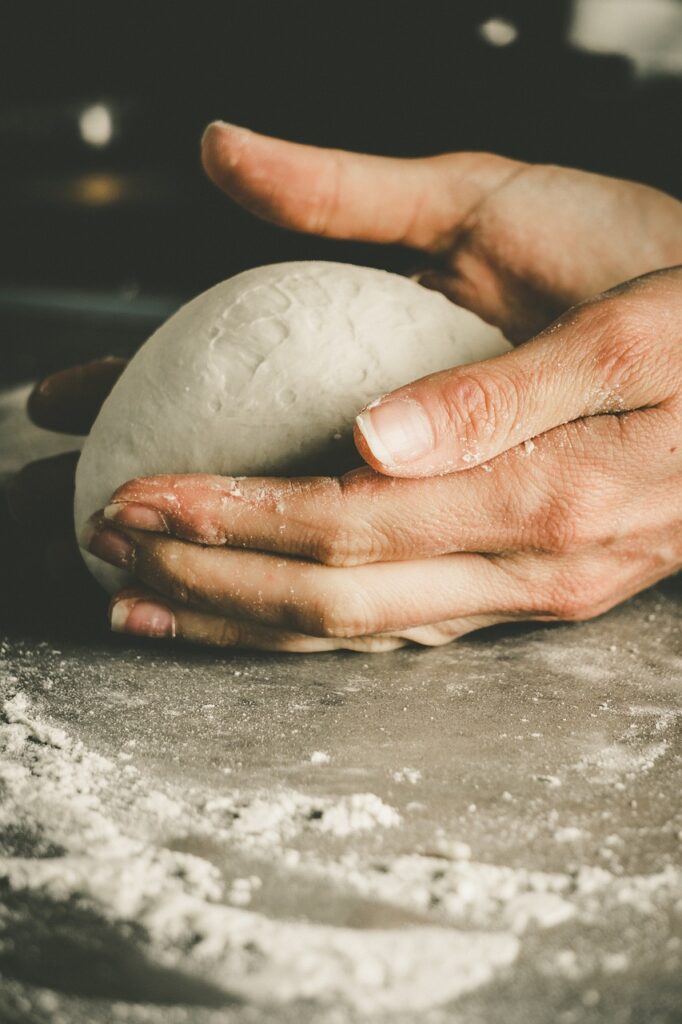
6. Heat the Oil
Fill a deep pot with enough oil to cover the buñuelos when frying. Heat the oil on medium heat until it reaches around 300°F (150°C). You don’t want the oil too hot, or the buñuelos will brown too quickly on the outside without cooking properly inside.
7. Fry the Buñuelos
Carefully drop the buñuelos into the hot oil. They will sink at first, then rise to the surface as they cook. Fry them in batches to avoid overcrowding the pot. Use a slotted spoon to turn them occasionally, ensuring they brown evenly on all sides. Fry them for about 5-7 minutes or until golden brown and crispy.
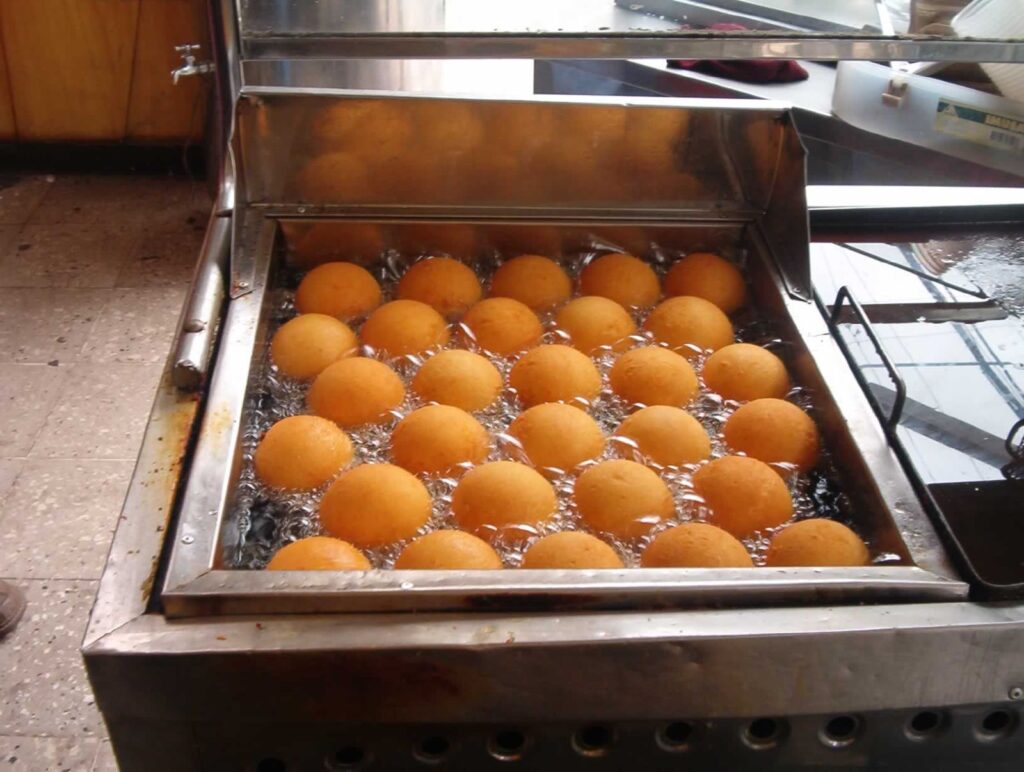
8. Drain and Serve
Once they are perfectly golden, remove the buñuelos from the oil and place them on a paper towel-lined plate to drain any excess oil. Serve them hot and enjoy with a cup of coffee or hot chocolate.

Don’t really want to make it yourself? You can visit the following Colombian restaurants in Toronto and they may have fresh ones!
Rincon Paisa
Rincon Paisa in Toronto serves traditional Colombian cuisine, featuring dishes like bandeja paisa and sancocho, offering a warm and authentic taste of Colombia’s rich culinary heritage.
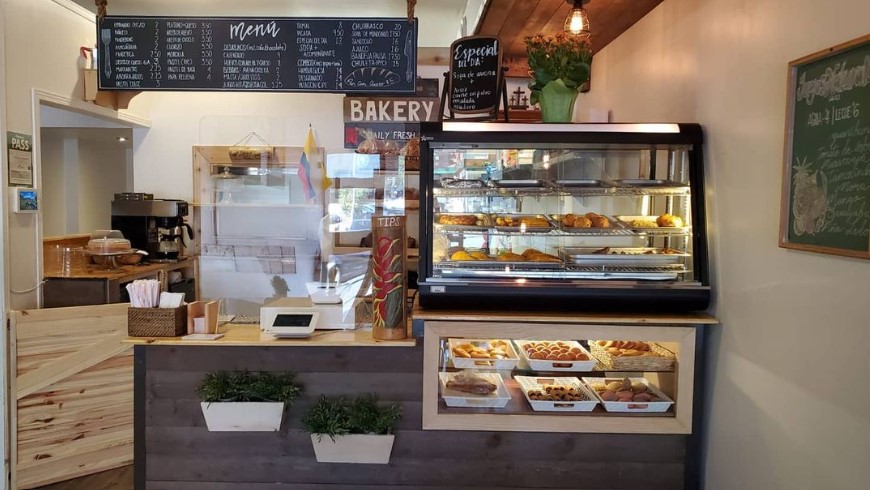
Colombian Street Food
Colombian Street Food in Toronto offers authentic, flavorful Colombian dishes like empanadas, arepas, and buñuelos, bringing the vibrant taste of Colombian street cuisine to the city’s diverse food scene.
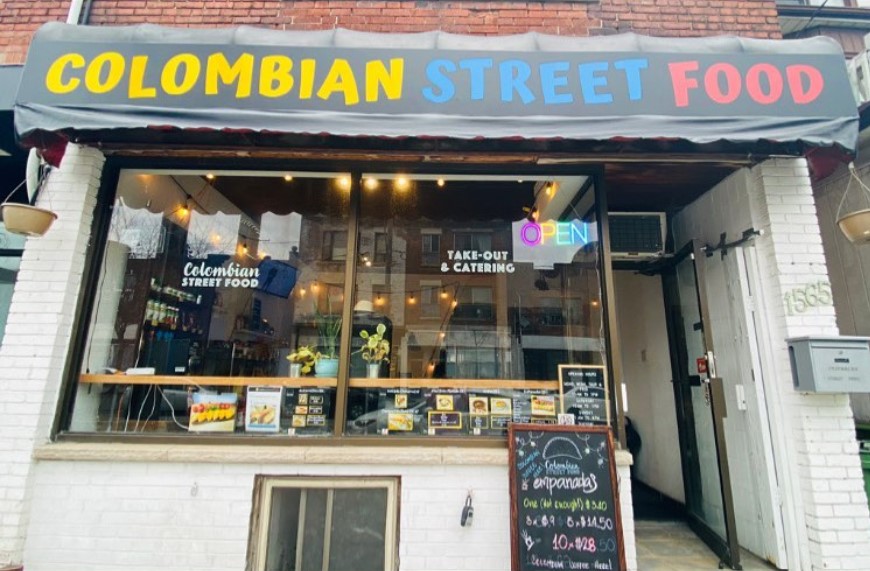
“El buñuelo perro. diciembre 25. 2006” by jujuly is licensed under CC BY-SA 2.0.
“Buñuelos cocinándose” by Cirofono is licensed under CC BY 2.0.
“buñuelos” by life’s too short is licensed under CC BY-SA 2.0.

Leave a Reply